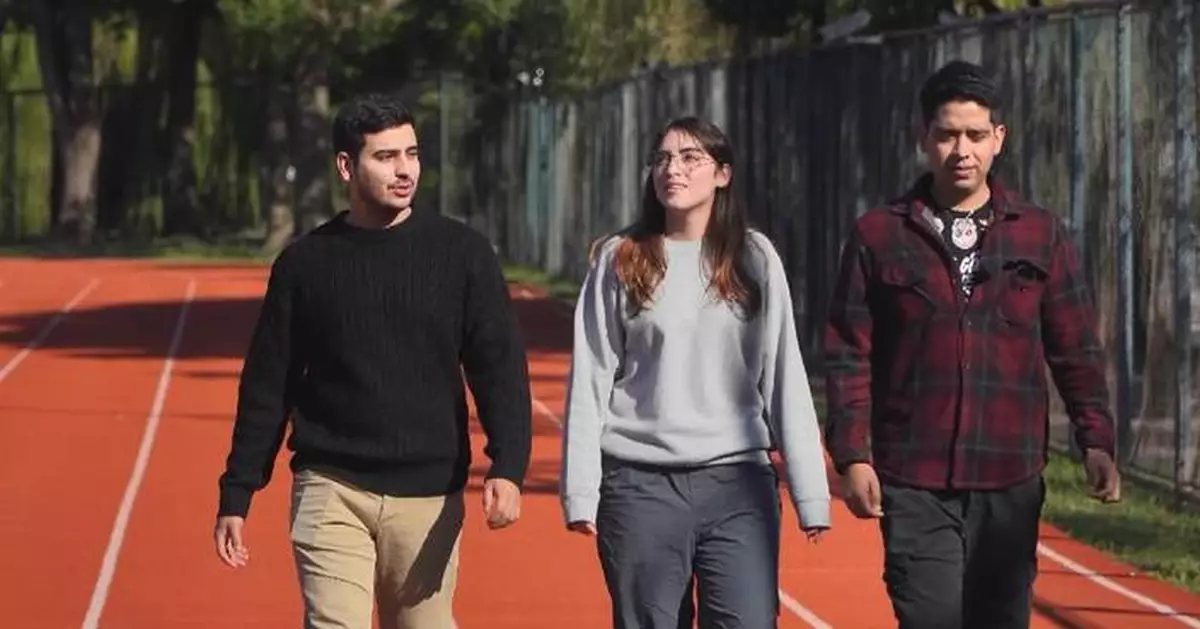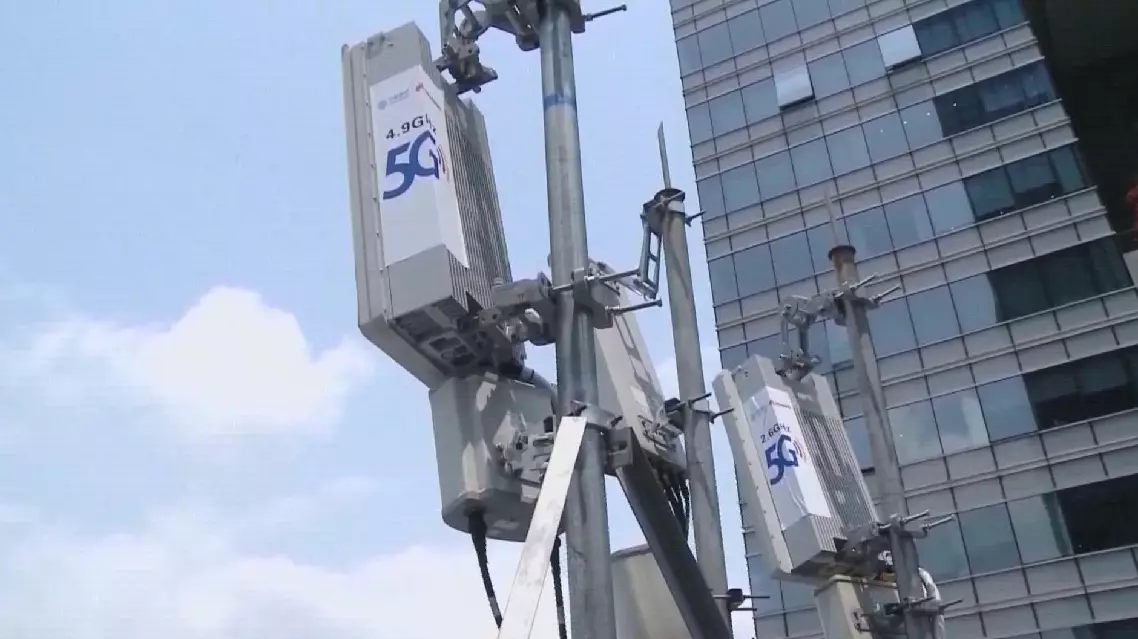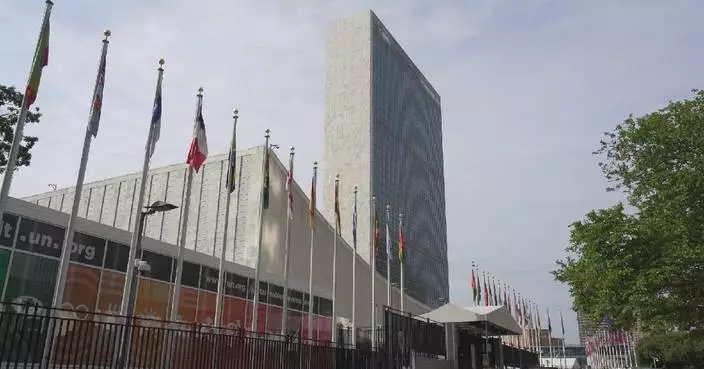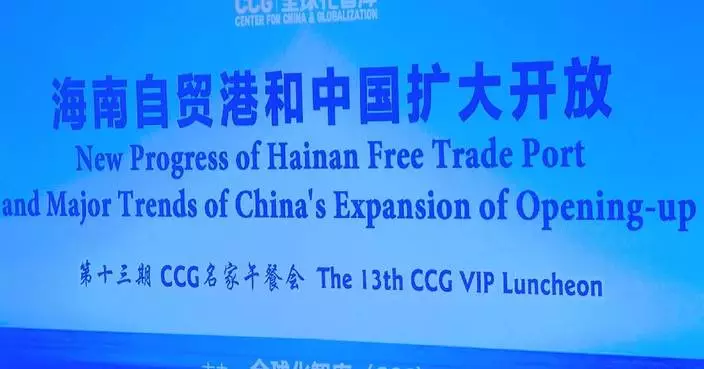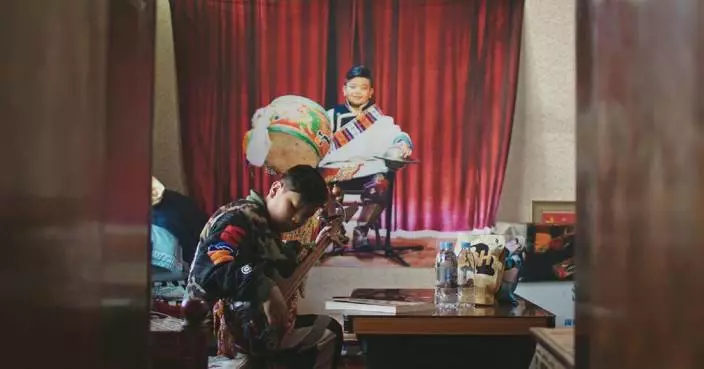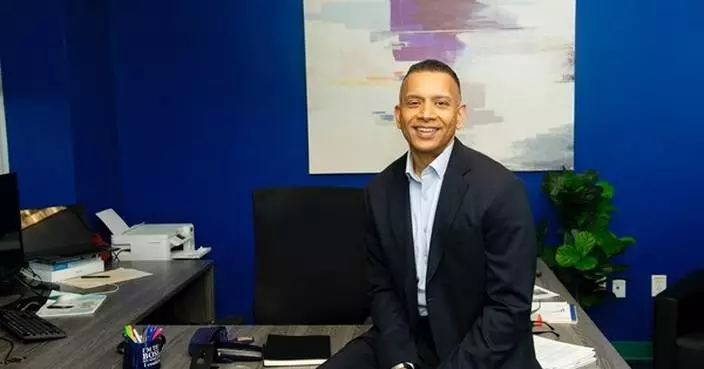China and Mexico established diplomatic relations more than 50 years ago and the bilateral ties have been further boosted over the recent years, facilitating people to people and cultural exchanges between the two countries.
In Shanghai, three young Mexicans are contributing to strengthening the bond between the two countries in their own way -- by studying traditional Chinese medicine (TCM).
The three are cousins and students at Shanghai University of Traditional Chinese Medicine. Mauricio Diaz Gutierrez, the eldest, was the first to start the journey back in 2017.
"I came for the first year just to see, if I liked it, then I was going to continue. And if I didn't like it, I would just go back. And of course, it has been seven years and I'm still here," said Mauricio.
Inspired by Mauricio, Sebastian Ramirez Gutierrez and Elena Gutierrez Gonzalez decided to follow in his footsteps.
But for the three young people traveling over 12,000 kilometers from home to China, mastering a therapy with thousands of years of history comes with unique challenges -- beyond just the language barrier.
"There are so many herbs. For me, memorizing (their names) is the hardest part," said Mauricio.
"The theory of TCM about the Yin and Yang and the five elements and everything... it was very weird to me in the first year," said Sebastian.
"It's really hard for me to feel a person's pulse and being able to say, like, 'I think your pulse is like superficial,' or 'your pulse is like deep...' I find it really hard, and I kept practicing," said Elena.
The three cousins, being together as not just a family, but also learning partners, have helped each other on academic or clinical challenges, and have gained a deeper understanding of the medicine.
"The way of thinking of TCM is not only thinking about the sickness, but also like your everyday life, like how your habits can affect the way your body is, your health is," said Elena.
Now all in clinical practice, the trio says the hands-on experience has been invaluable.
The three also share a unified vision for the future.
"We want to open a clinic in Mexico and focus on different diseases," said Sebastian.
"I really want to connect TCM with Mexican culture. Because in Mexico, we also have a lot of traditional medicines. I want to integrate both and respect both of our cultures and being able to help people," said Elena.
"We hope that one day we can achieve this goal. There's a bright future for TCM between us and in my country," said Mauricio.
For them, learning TCM is not just about healing, it's also about fostering a deeper connection between the two cultures.
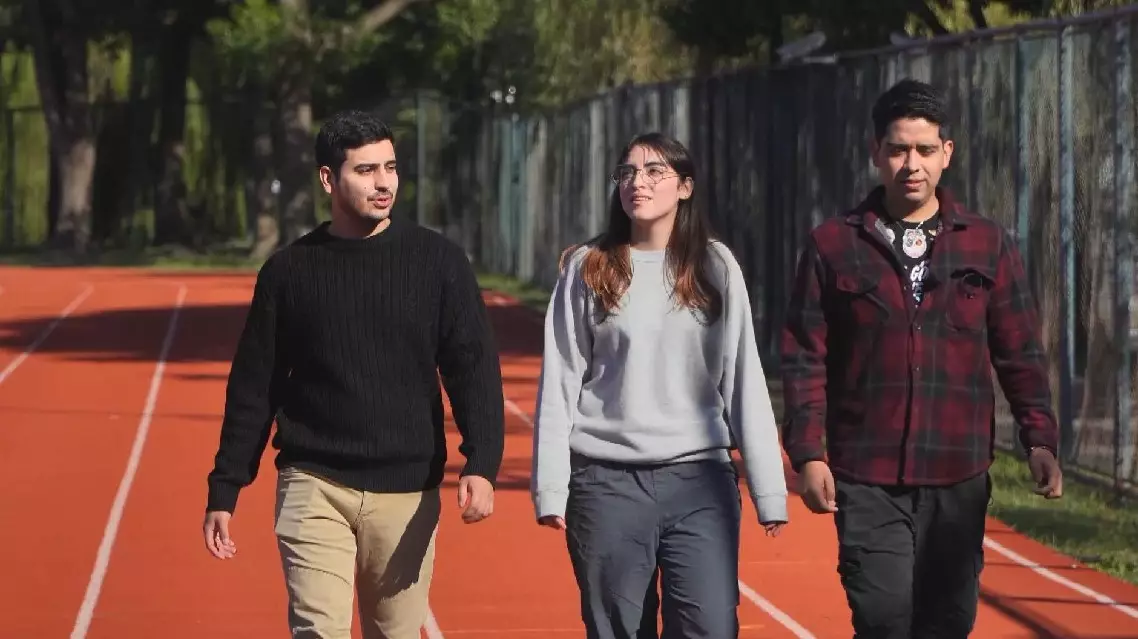
Mexican cousins contributing to closer ties between Mexico and China by studying traditional Chinese medicine
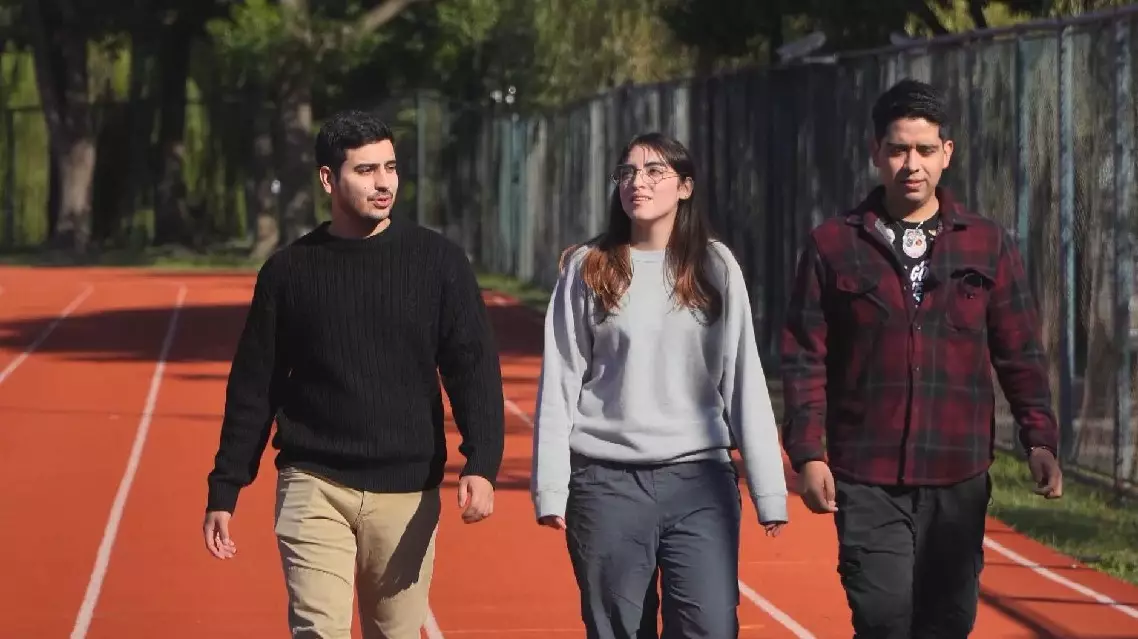
Mexican cousins contributing to closer ties between Mexico and China by studying traditional Chinese medicine


